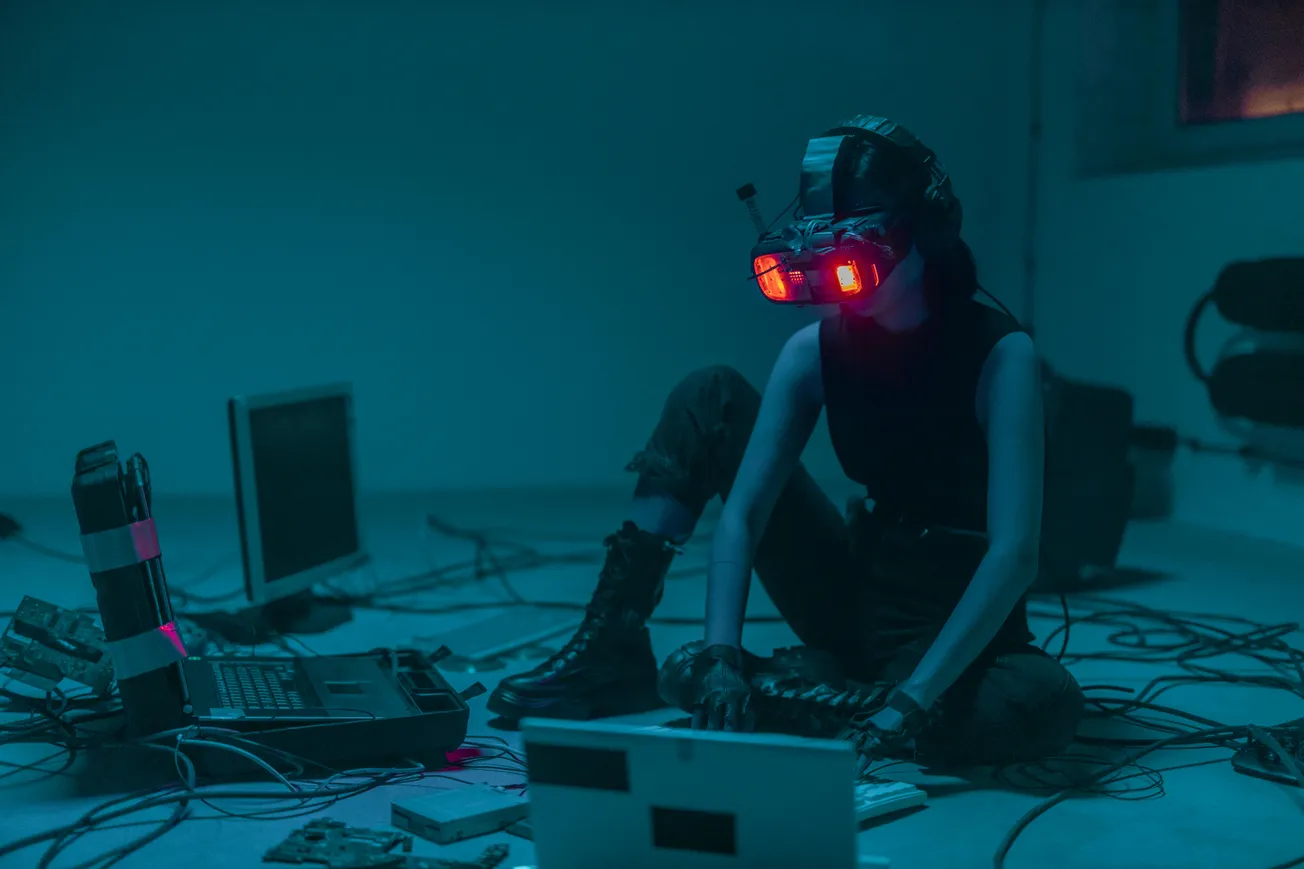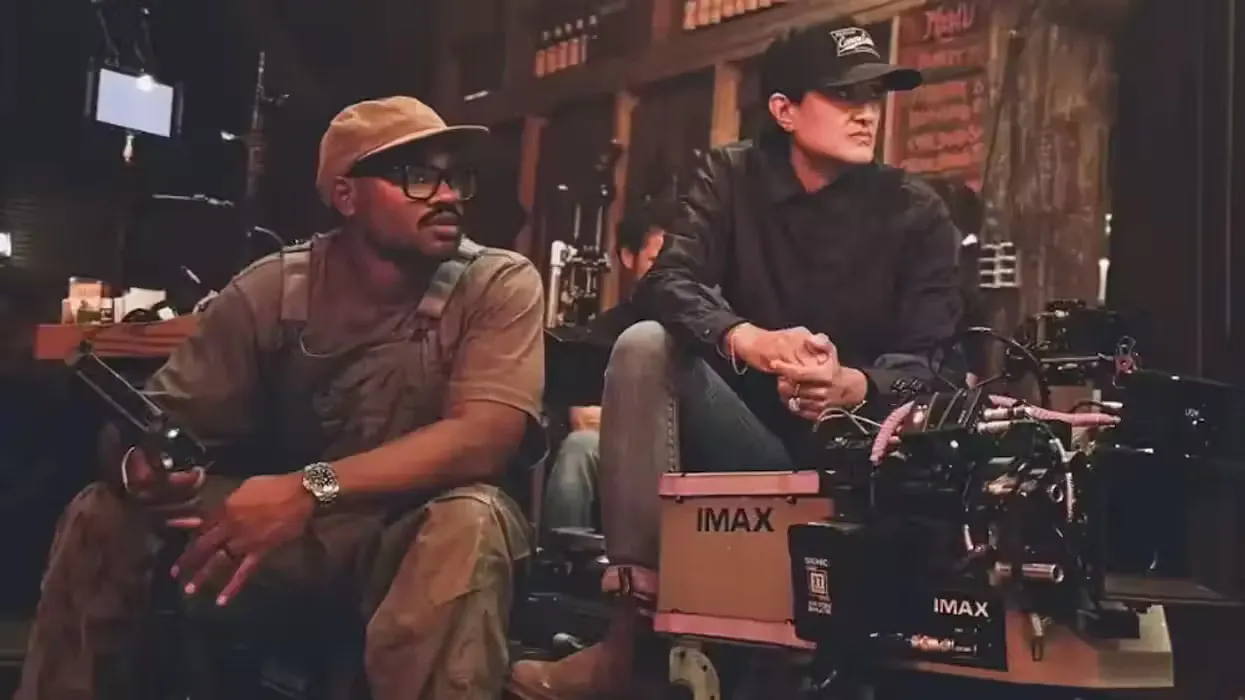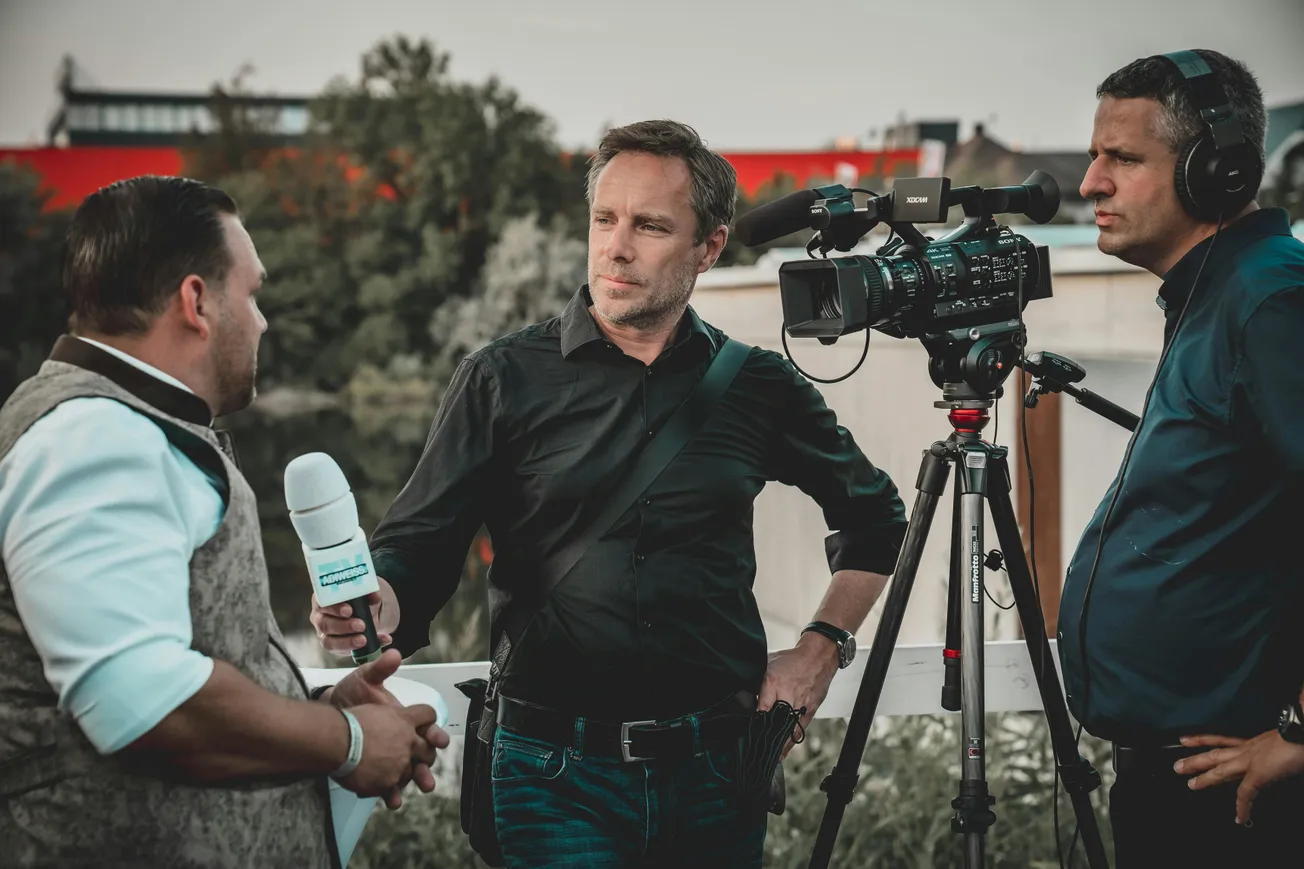The global entertainment and media landscape is experiencing significant transformation, marked by the increasing integration of generative AI.
With the industry expected to soar from $2.9 trillion in revenue in 2024 to $3.5 trillion by 2029, as projected by PwC, and the generative AI sector anticipated to reach $1.3 trillion by 2032, there's no doubt creativity and technology are entwined like never before.
From Demo to Broadcast: Unpacking the Production Process
In a recent video interview, Gennie cofounder Max Einhorn highlighted the crux of the generative AI advantage: traditional reenactments can cost hundreds of thousands to millions of dollars to produce, often leaving filmmakers constrained by budgetary limits.
Generative AI levels the playing field by providing an impressive visual experience at a fraction of the cost. "Enhance, not replace creativity" is a mantra for Einhorn and one that introduces a new era of storytelling and production.
As Daniel Korn, vice president of programming at Hearst Networks EMEA, noted, the pitch for "Killer Kings" combined psychological inquiry with innovative visuals – a blend that excited viewers and producers alike.
Despite skepticism that could accompany AI-driven projects, he described the collaboration as one of trust, leading to an overwhelmingly positive audience reception.
The Indie Workflow: Innovation Meets Integrity
FirstLookTV's approach to creating "Killer Kings" started with creative integrity. Co-founder Will Hanrahan stated the focus wasn't simply about cost savings; it was advancing storytelling using AI as a creative partner.
By artfully blending original footage with AI technologies, landscapes representative of medieval Kyiv, ancient Rome, and beyond came alive.Thus, while cost savings were significant, the emphasis remained on crafting compelling narratives.
Studio-Scale Adoption: AI Shifts from Pilot Projects to Practical Tools
As studios increasingly embrace AI technology, its applications shift from experimental pilots to mainstream usage. AI tools like Veo and Flow are empowering filmmakers by facilitating challenging scenes with unprecedented ease without the constraints of traditional budget limitations.
However, the responsible integration of AI is essential. Michael Wise, former CTO at Universal Pictures, said studios must ensure they use licensed, consented inputs with proper attribution and compensation to sustain the creative economy.
Guardrails Enable Scale: Navigating the Creative Landscape
As generative AI continues to evolve within the media landscape, it's vital to implement safety guardrails while enhancing creativity. Wise contends that AI should act as a responsible accelerant for creative efforts, rather than an outright replacement for traditional craftsmanship.
He advocates for studios to explore new content creation workflows, enabling the production of engaging narratives at a low cost with substantial creative fluidity.
Collaboration Over Replacement is Key
As highlighted across various interviews, the ability to integrate AI into production workflows isn't simply a trend; it signifies the dawn of a new storytelling era.
By fostering collaboration between AI tools and creative crews, the industry can navigate this emerging landscape effectively. As generative AI matures, it promises to redefine the ways we create and consume content, unlocking new possibilities for expression.
When considering future strategies, remember: the essence of storytelling remains unchanged – AI should serve to amplify creativity and widen its canvas.









